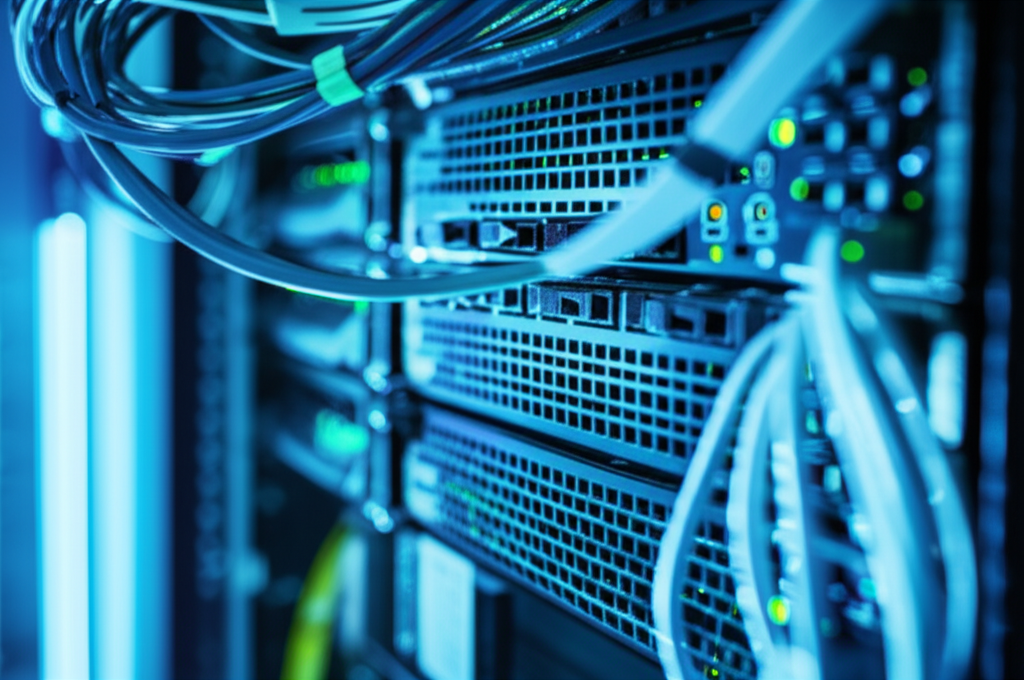
Meta description: Discover how AI agents are revolutionizing industries in 2025! Learn how these intelligent systems are transforming workflows, enhancing efficiency, and reshaping the future.
The Rise of AI Agents: Transforming Industries
The world is rapidly changing, and at the forefront of this transformation are AI Agents. These intelligent systems are not just a futuristic concept anymore; they’re actively reshaping industries and redefining how we work and live. By 2025, AI agents are poised to become an integral part of our daily routines, automating tasks, providing personalized recommendations, and enhancing overall productivity.
AI agents are software programs designed to perceive their environment, make decisions, and take actions to achieve specific goals. Unlike traditional software, they can operate autonomously, learn from experience, and adapt to changing circumstances. This adaptability and intelligence make them incredibly versatile and valuable across various sectors.
Understanding the Core Capabilities of AI Agents
To fully grasp the power of AI agents, it’s essential to understand their core capabilities. These capabilities enable them to perform complex tasks with minimal human intervention.
– Autonomy: AI agents can operate independently, making decisions and taking actions without requiring constant human input.
– Learning: They can learn from data and experience, improving their performance over time. This includes both supervised and unsupervised learning techniques.
– Adaptability: AI agents can adapt to changing environments and new information, ensuring they remain effective in dynamic situations.
– Goal-Oriented: They are designed to achieve specific goals, whether it’s optimizing a supply chain, personalizing a user experience, or detecting fraudulent transactions.
How AI Agents Differ from Traditional Automation
Traditional automation follows pre-defined rules, while AI agents make decisions based on learned patterns and data. This allows them to handle more complex and unpredictable tasks. Consider a robotic arm on an assembly line versus an AI agent managing an entire logistics network – the difference in sophistication is significant.
Real-World Applications of AI Agents in 2025
The application of AI agents spans a wide range of industries, each benefiting uniquely from their capabilities. Here are some prominent examples:
– Healthcare: AI agents assist in diagnosing diseases, personalizing treatment plans, and managing patient care. They can analyze medical images, monitor vital signs, and provide real-time alerts to healthcare professionals.
– Finance: They detect fraudulent transactions, manage investment portfolios, and provide personalized financial advice. AI agents can analyze market trends, assess risk, and make informed investment decisions.
– Customer Service: AI-powered chatbots provide instant support, answer queries, and resolve issues. These chatbots can handle a large volume of inquiries simultaneously, improving customer satisfaction and reducing response times.
– Manufacturing: AI agents optimize production processes, predict equipment failures, and manage supply chains. They can analyze sensor data, identify bottlenecks, and make recommendations to improve efficiency.
– Transportation: Self-driving vehicles and drone delivery systems are powered by AI agents. These agents can navigate complex environments, avoid obstacles, and ensure safe and efficient transportation.
For instance, in retail, AI agents are used to personalize shopping experiences by recommending products based on past purchases and browsing behavior. This not only enhances customer satisfaction but also increases sales.
Implementing AI Agents: A Step-by-Step Guide
Implementing AI agents requires careful planning and execution. Here’s a step-by-step guide to help you get started:
1. Define Your Goals: Clearly identify the specific problems you want to solve or the opportunities you want to seize with AI agents.
2. Gather Data: Collect relevant data that the AI agents can use to learn and make decisions. This may involve integrating data from multiple sources.
3. Choose the Right Tools and Platforms: Select the appropriate AI platforms, libraries, and tools for developing and deploying your AI agents.
4. Train Your AI Agents: Use machine learning techniques to train your AI agents on the collected data. This may involve experimenting with different algorithms and parameters.
5. Test and Deploy: Thoroughly test your AI agents to ensure they are performing as expected. Deploy them in a controlled environment and monitor their performance closely.
6. Continuously Improve: Continuously monitor and refine your AI agents based on feedback and new data. This will help them adapt to changing circumstances and improve their effectiveness over time.
Overcoming Challenges in AI Agent Deployment
While the potential benefits of AI agents are significant, there are also challenges to overcome.
– Data Availability and Quality: AI agents require large amounts of high-quality data to train effectively. Ensuring data is accurate, complete, and relevant can be a significant challenge.
– Ethical Considerations: AI agents raise ethical concerns related to bias, privacy, and accountability. It’s crucial to address these concerns proactively to ensure that AI agents are used responsibly and ethically.
– Integration Complexity: Integrating AI agents into existing systems and workflows can be complex and time-consuming. It’s essential to plan carefully and ensure that the AI agents are compatible with the existing infrastructure.
– Skill Gap: Developing and deploying AI agents requires specialized skills in areas such as machine learning, data science, and software engineering. Addressing the skill gap through training and recruitment is crucial.
According to a McKinsey report, “Organizations that successfully deploy AI agents are twice as likely to see significant improvements in business performance.”
The Future of AI Agents: Trends to Watch
Looking ahead, several trends are shaping the future of AI agents.
– Increased Autonomy: AI agents will become even more autonomous, capable of handling more complex tasks with less human intervention.
– Enhanced Collaboration: AI agents will increasingly collaborate with each other and with humans, forming intelligent teams that can tackle complex problems.
– Edge Computing: AI agents will be deployed on edge devices, enabling real-time processing and decision-making without relying on cloud connectivity.
– Explainable AI (XAI): There will be a growing emphasis on making AI agents more transparent and explainable, allowing users to understand how they make decisions.
AI agents represent a significant leap forward in technology, offering unprecedented opportunities to automate tasks, improve efficiency, and enhance decision-making. By understanding their capabilities, addressing the challenges, and staying abreast of the latest trends, you can harness the power of AI agents to transform your business and shape the future.
AI agents will continue to evolve, becoming more integrated into our daily lives and business operations. Staying informed and proactive is key to leveraging their full potential.
For more insights or collaboration opportunities, visit www.agentcircle.ai.






